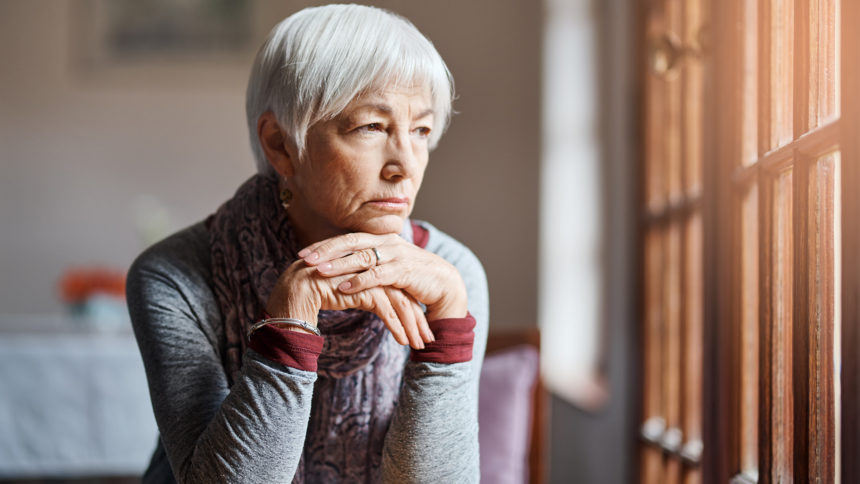
Although some claim the nation’s elders are in the midst of a “loneliness epidemic,” two recent American Psychological Association studies beg to differ.
The studies reached the same basic conclusion: People do tend to feel more lonely as they get older. But that’s hardly a new development.
“We found no evidence that older adults have become any lonelier than those of a similar age a decade before,” said lead author Louise C. Hawkley, Ph.D., of the National Opinion Research Center at the University of Chicago.
“However, average reported loneliness begins to increase beyond age 75, and, therefore, the total number of older adults who are lonely may increase once the baby boomers reach their late 70s and 80s,” she added.
Researchers used data from the National Social Life, Health and Aging Project and the Health and Retirement Study. They examined participants’ level of loneliness, educational attainment, overall health on a scale from poor to excellent, marital status and number of family members, relatives and friends they felt close to. They found that loneliness decreased between the ages of 50 and 74, but increased after age 75. Yet there was no difference in loneliness between baby boomers and similar-aged adults of earlier generations.
Adults aged more than 75 years were more susceptible to becoming lonely, possibly due to life factors such as declining health or the loss of a spouse or significant other, according to Hawkley.
Full findings appear in Psychology and Aging.



